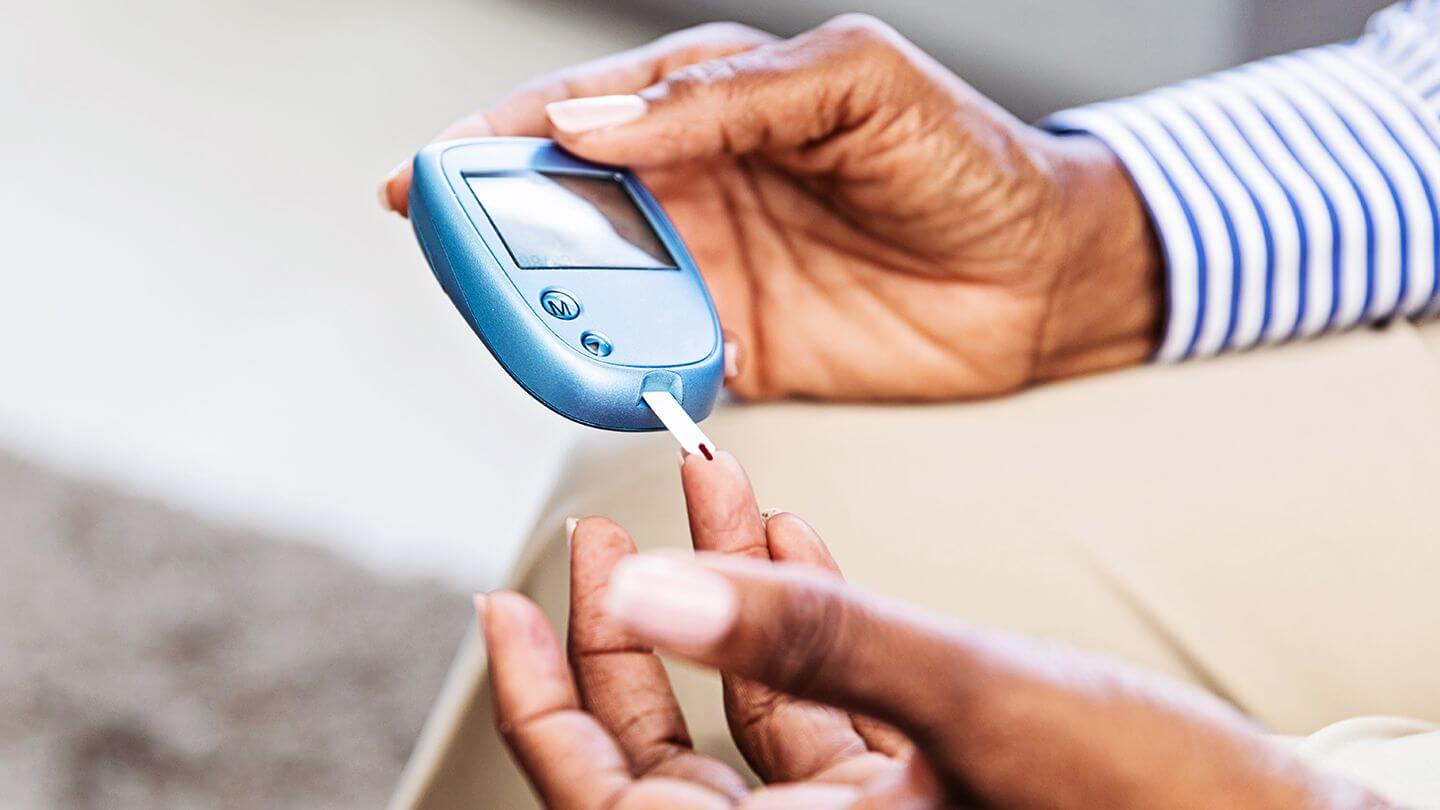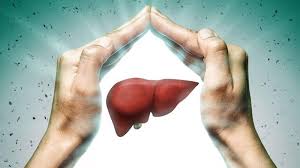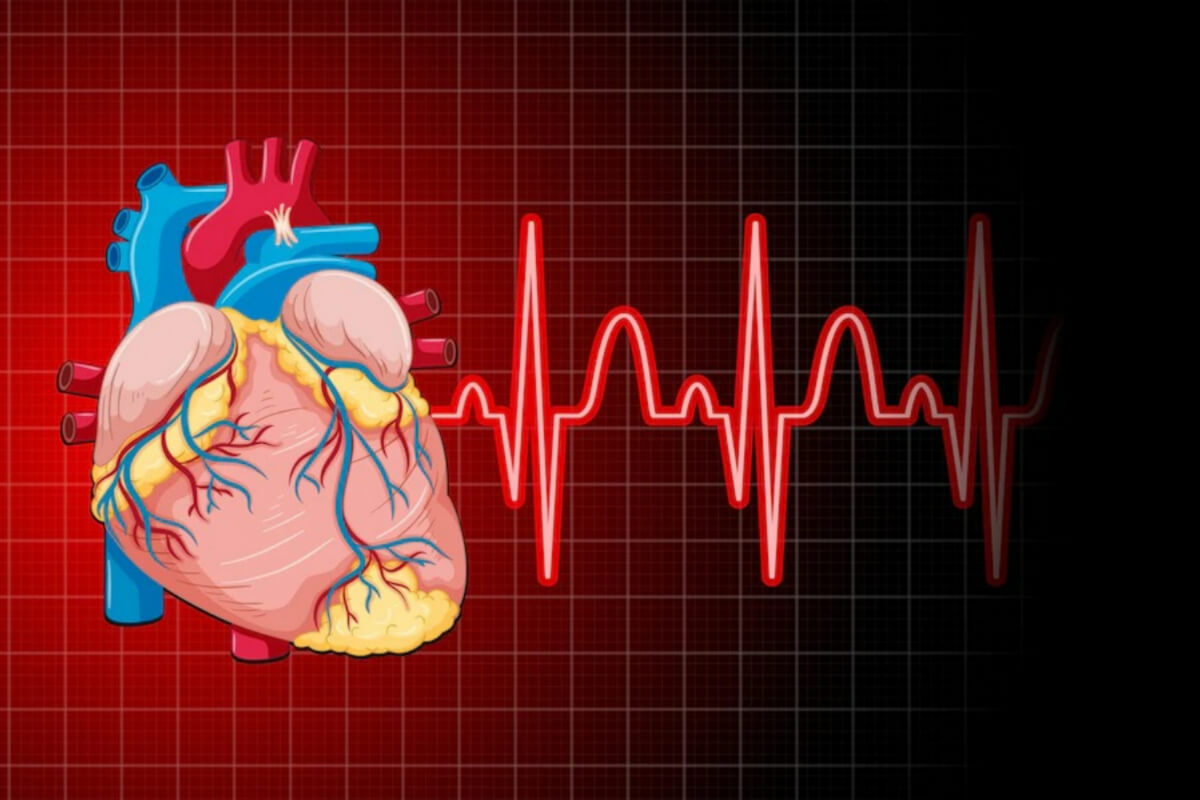Irregular heartbeat associated with thyroid problems
Tue 24 Oct 2017, 16:28:52

People with high thyroid hormone levels are at greater risk of developing irregular heart rhythm (known as atrial fibrillation) than those with lower levels.
"Our findings suggest that levels of the thyroid hormone, free thyroxine, circulating in the blood might be an additional risk factor for atrial fibrillation," said study lead author Christine Baumgartner.
"Free thyroxine hormone levels might help to identify individuals at higher risk."
Symptoms of atrial fibrillation may include heart palpitations, dizziness, sweating, chest pain, anxiety, fatigue during exertion and fainting, but sometimes patients have no symptoms at all.
Although people can live with irregular heartbeat, it can cause chronic fatigue and increase the risk of serious illnesses, such as stroke and heart failure, potentially associated with lifelong disability and even death.
Fortunately, medication and other therapies are available to treat irregular heartbeat and reduce the risk of the associated symptoms and complications.
The thyroid gland is a small gland in the neck. In response to thyroid-stimulating hormone released by the pituitary gland, the thyroid gland secretes thyroid hormones required to regulate energy metabolism.
Patients with low levels of thyroid hormone, or hypothyroidism, may require medications containing thyroid hormone (thyroxine) to increase their hormonal levels. Sometimes intake of thyroxine sometimes can increase these levels too much.
Previous studies showed that the risk of irregular heartbeat is greater among individuals who produce too much thyroid hormone than among those with normal hormonal levels.
What was unclear, however, was whether levels that were high but still within the normal range could also increase the risk of irregular heartbeat.
To
understand this relationship, investigators looked at the occurrence of irregular heartbeat among individuals with thyroid hormone levels that were still within normal range.
understand this relationship, investigators looked at the occurrence of irregular heartbeat among individuals with thyroid hormone levels that were still within normal range.
They found that individuals with higher blood levels of FT4 within the normal range at the beginning of the study were significantly more likely than those with lower levels to subsequently develop irregular heartbeat.
When separated into four equal-sized groups, the group with the highest FT4 levels had a 45 percent increased risk of irregular heartbeat, compared to the group with the lowest levels.
Even more modest increases in thyroid hormone were associated with an increased risk. Among individuals with the second highest levels, the risk was 17 percent greater, and among those with the third highest levels the risk was 25 percent greater, compared to those with the lowest levels. High levels of thyroid-stimulating hormone (TSH) within the normal range, however, were not associated with an increased risk of atrial fibrillation.
"Patients who are treated with thyroxine generally have higher circulating free thyroxine levels compared to untreated individuals," Baumgartner said.
"So, an important next step is to see whether our results also apply to these patients, in order to assess whether target free thyroxine thyroid hormone concentrations for thyroid-replacement therapy need to be modified."
The investigators analyzed data from 11 studies from Europe, Australia, and the United States that measured thyroid function and the occurrence of irregular heartbeat.
Overall, the studies included 30,085 individuals. Their average age was 69 years, and slightly more than half were women. On average, follow-up ranged from 1.3 to 17 years.
The research has been published in the American Heart Association's journal Circulation.
No Comments For This Post, Be first to write a Comment.
Most viewed from Health
AIMIM News
Asaduddin Owaisi files nomination papers on Friday
Apr 20, 2024
Owaisi Begins Election Campaign in Hyderabad
Apr 13, 2024
Bring back Indian workers in Israel: Owaisi
Apr 13, 2024
Latest Urdu News
Most Viewed
May 26, 2020
Do you think Ruturaj Gaikwad would be a good captain for Chennai Super Kings?
Latest Videos View All
Like Us
Home
About Us
Advertise With Us
All Polls
Epaper Archives
Privacy Policy
Contact Us
Download Etemaad App
© 2024 Etemaad Daily News, All Rights Reserved.





























